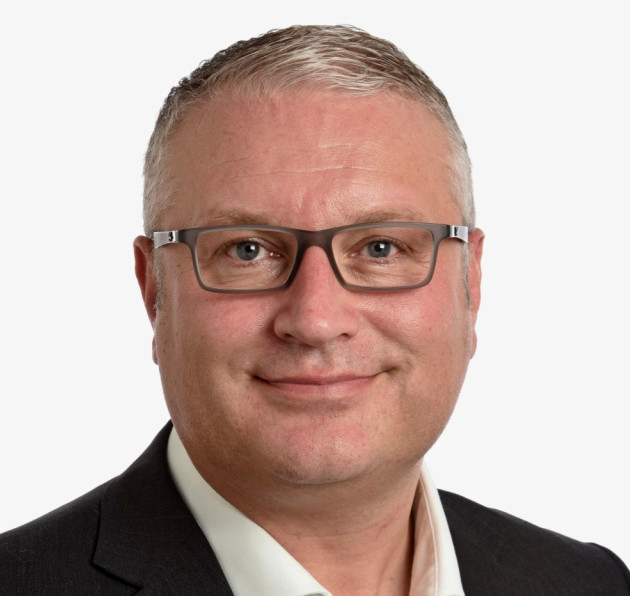INTERVENTIONS AND OUTCOMES FOR PEOPLE BEING TREATED FOR BENIGN AND MALIGNANT DISEASES OF THE HEAD AND NECK
 How did you get into research?
How did you get into research?
I began as a psychology major, exploring anxiety and coping in children with specific learning difficulties. I worked for 5 years with people with profound and multiple learning disabilities – and encountered the emerging speciality of dysphagia. A research speech and language therapist (SLT) suggested I train as an SLT and advance the science! Thereafter, I went on to work in emerging clinical specialities. My mentors at Newcastle University supported my development prior to successfully applying for a research fellowship at the Marsden.
What do you enjoy about research?
I have been able to ask questions about how people recover after interventions and how we can support them better. I have developed research partnerships and friendships with colleagues around the world. The appetite for collaboration has gathered pace, improving the quality of our research. My greatest pleasure comes from mentoring and championing those developing clinical-academic careers – and seeing them doing such a great job!
What was the most difficult aspect of doing your PhD?
Joining a department as the first non-medical research fellow. I was fortunate to have excellent supervision. I cannot emphasise enough the value of support from inspirational peers. When I started my PhD, at the Institute of Cancer Research, I also had a 4-year-old and newly arrived baby. Luckily, my wife has always supported me and continues to do so. I also received sound advice – you don’t have to know everything– a PhD programme is the start of your learning!
What difference has your research training and experience made to your career?
My career has developed in ways I had not expected. I am a consultant clinician with my research forming one of the pillars of advanced practitioner roles along with education, clinical excellence and leadership. I wanted a job where I could meet interesting people, support those in need and travel the world. My career in speech and language therapy has not disappointed. I am very honoured to have been awarded the Fellowship of the RCSLT in 2018 and most recently, an MBE in the Queen’s 2022 New Year’s Honours List.
How has research changed your clinical practice?
Research activity should be embedded in our everyday clinical practice. The collection of robust, multidimensional outcome measures, including the use of qualitative and co-design methodology, is critical to understand the needs of patients, inform our interventions and improve care delivery. It’s this practice which has supported me to compassionately lead, develop and grow highly-valued clinical teams and individuals.
What has made a difference to progressing your research career?
1. Working in 2 international centres of excellence with excellent mentors and networks and being academically affiliated with Imperial College London.
2. Being surrounded by excellent colleagues and gaining a mutual benefit from supporting them to elevate their careers.
3. Having a wonderfully supportive family – it’s not always easy for them when I am travelling to present and work on projects. I am eternally grateful to them.
Where do you see your clinical academic career going over the next five years?
I would like to:
1. Continue to advocate for, promote and support Allied Health Professionals pursuing clinical-academic careers.
2. Continue to foster international collaborations to better understand and develop kinder and more effective treatments
3. Work collaboratively to achieve additional funding to explore new ways of working, reflecting the needs and priorities of the people who require our services.
Dr Justin Roe: justin.roe@imperial.ac.uk
1. Consultant and Joint Head - Department of Speech, Voice and Swallowing, The Royal Marsden NHS Foundation Trust, London, UK
2. Clinical Service Lead SLT – Airways/ Complex ENT, National Centre for Airway Reconstruction, Department of Otolaryngology, Head and Neck Surgery, Imperial College Healthcare NHS Trust, London, UK
3. NIHR Imperial Biomedical Research Centre/ Imperial Health Charity Post-Doctoral Research Fellow, Department of Surgery and Cancer, Imperial College London, London, UK
Download Justin's case study- Justin Roe: Case study (PDF)
Useful links
Contact us
The CATO Team and Radiographers Incubator work on a Hybrid model, combining days in the office with days working from home – the best way to reach us is by email.
cato@imperial.ac.uk
radresearch@imperial.ac.uk
+44 (0)20 3313 7397

